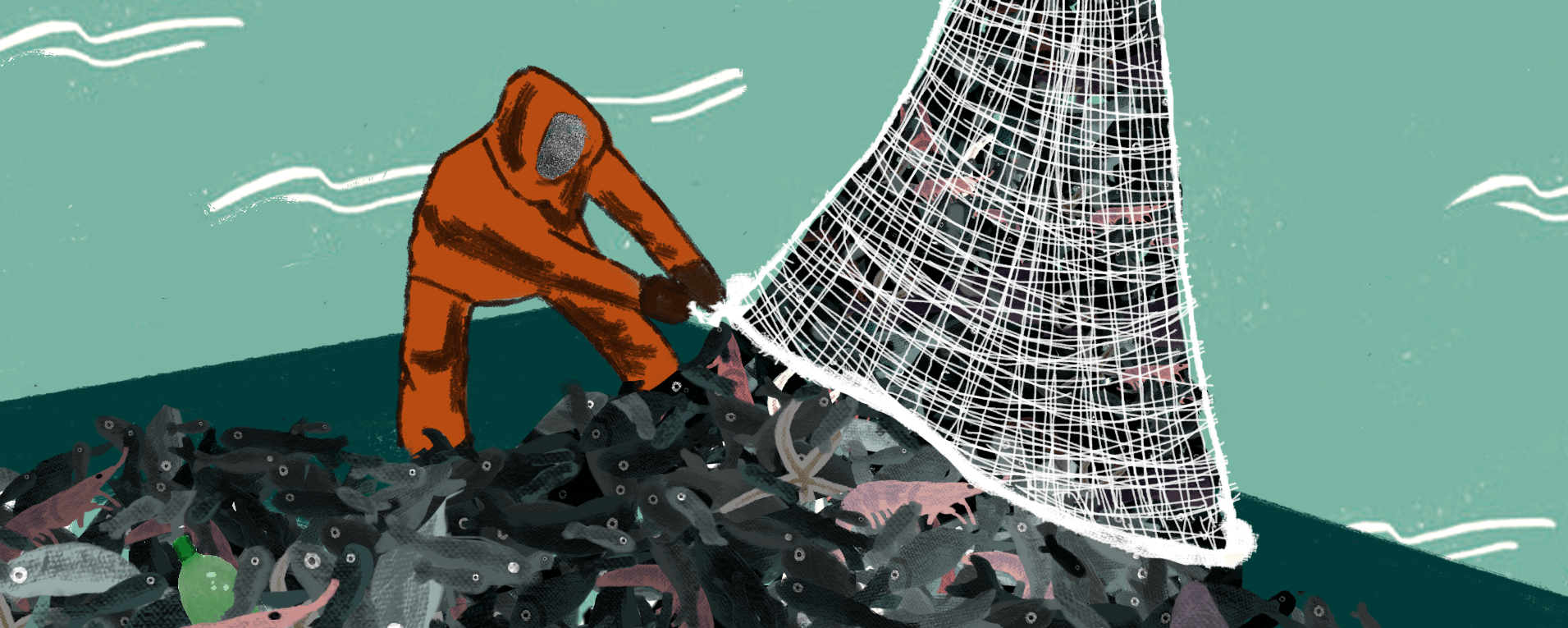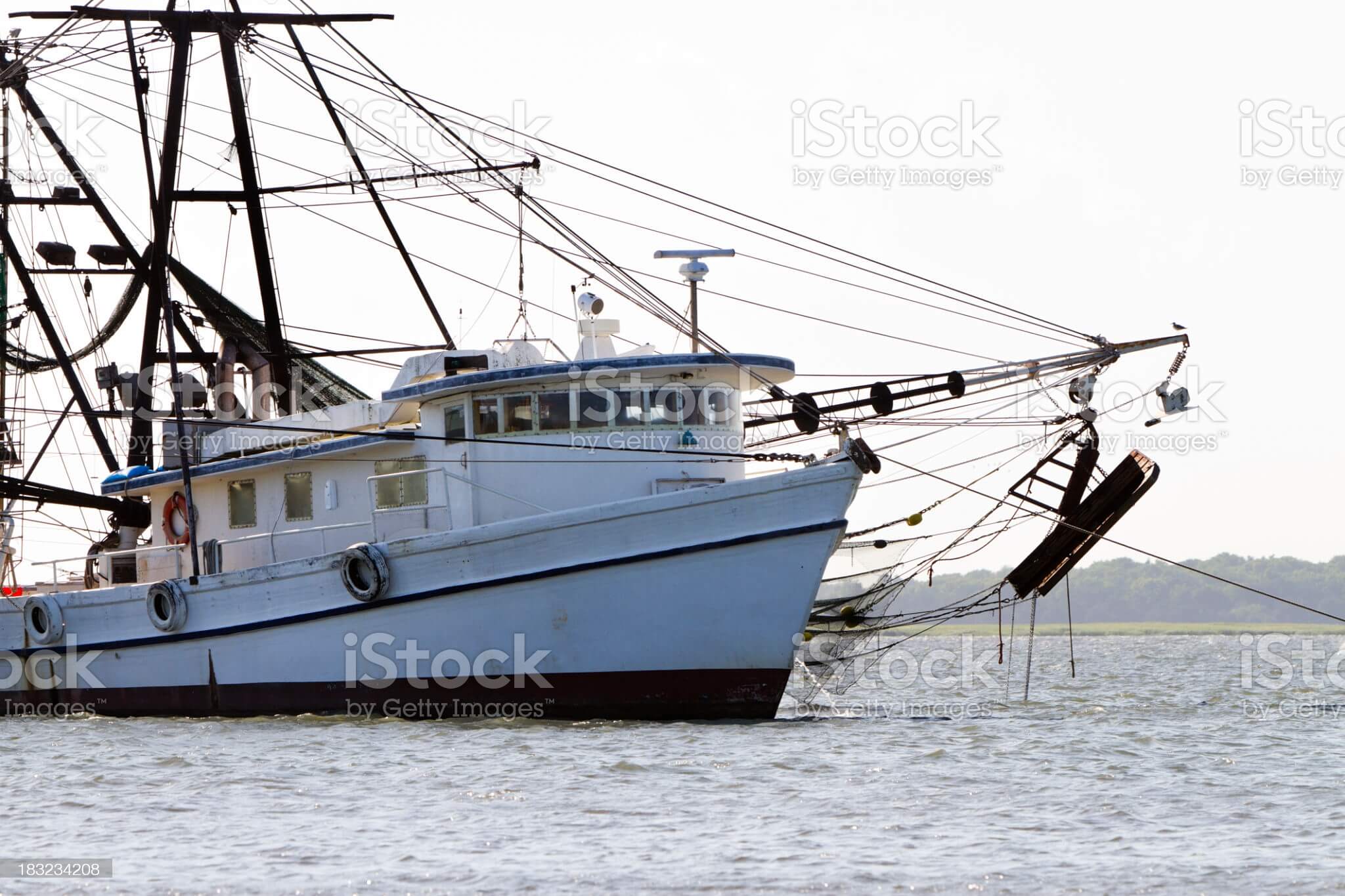
Nothing new on the front
Divers for Sharks has been talking about the harm of all forms of industrial fishing for a long time, especially trawling. If you have no idea what this fishing technique is, watch this video here.
This matter is so serious and already known that everyone knows and demands solutions from Brazil. And it comes to the fore once again in this article published in Mongabay News, which, in addition to drawing attention to the harmful effects on the environment, also cites Brazilian data and sources detailing certain information.
According to the article, public agencies, researchers and even fishermen complain about the lack of statistics on fishing in the country. That’s right… in a country where there was already a Ministry of Fisheries, which harbored a very high degree of corruption, diversion of functions and business dealings, which ended up being extinguished, but even so most of its main levels ended up being sued for corruption or reasons alike.
The worst blind is the one who doesn't want to see
It is public and notorious that it is not due to incompetence or structure that Brazil does not have, or does not present, a statistical map of fishing and marine exploration in its territory. It is because of corrupt interests of the giant national fishing industry that these data do not come to light. Corrupt people act more easily if no control, inspection or rules are defined. For the big fishing industries it is much better if the activity continues to be carried out in the dark, out of the eyes of science and justice.
And of course, it is up to Divers for Sharks to emphasize that this fishing activity, trawling, is so harmful to sharks, which in this case are called accidental fishing, as longline fishing directed at them.

The government knows it all
The article explicitly mentions that in President Jair Bolsonaro’s far-right government these problems have intensified and caused even more impact and destruction than in the past.
For example, sardine catches in Brazil have already dropped from 80,000 tons to about 15,000 tons per year, and stocks of mullet and other species are also decreasing; commercial species that could disappear from the map jumped from 17 to 64 (376%) between 2004 and 2014.
For the Federal Court of Accounts (TCU), fisheries management in Brazil faces serious problems, including the lack of fisheries data, planning and policing. The court, created by the Federal Constitution of 1988, helps the National Congress in controlling the execution of the budget and other public policies.
According to an audit published in July, requested by the Chamber of Deputies, it reached conclusions similar to the analysis carried out in 2012 by the same Federal Court of Auditors. With the portfolio for national fisheries governance, the Ministry of Agriculture has until the end of the year to reform the management of the activity. The measurements will be monitored by TCU.

The world has its eyes on Brazil
“Across the world, trawling causes the death of an estimated 4.2 million tons of non-target species annually and diminishes revenues by halting the growth of juvenile fish. Trawl fishing threatens ocean ecosystems across the planet,” Brazilian researchers reported in an article in the April issue of the journal Science.
Trawlers arrived in Brazil along with industrial fishing, after World War II (1939-1945). The international policies of the time intended to heat up developing economies and fight hunger, increasing the consumption of marine products. Today, this fishing is practiced in almost all regions where there are no legal barriers.
The scientific director of the NGO Oceana, Martin Dias, reinforces that the regulation of fishing in Brazil is a tangle of outdated or simply never applied laws and regulations, which, in practice, allow trawling at any time and at any time above the 3.6 million km² of sea in the country’s jurisdiction. This area is bigger than all of India.
“[Our] fisheries management doesn’t work. Our management is inefficient, with loose and disjointed rules. Practically no fisheries are properly managed, there is no long-term planning and we always have more regulations published in the face of social, environmental or economic crises. We take care of the symptoms and not the causes of the problems”, he emphasized.
It is not by chance that Brazil is one of the countries where fishing in general harms marine life the most. A study published in 2017 by the journal Proceedings of the National Academy of Sciences ranks the country 26th in a ranking of the top 28 fishing nations based on efficiency. Brazil is just ahead of Myanmar and Thailand, both in Southeast Asia.
Read the full article here.

